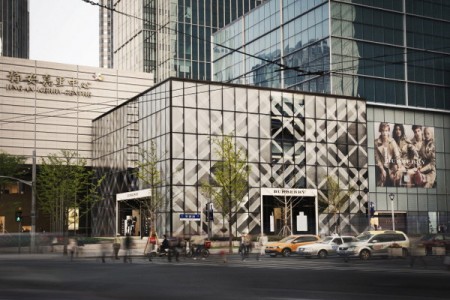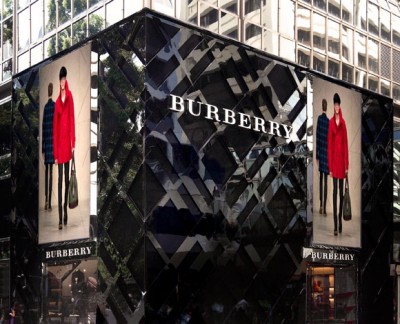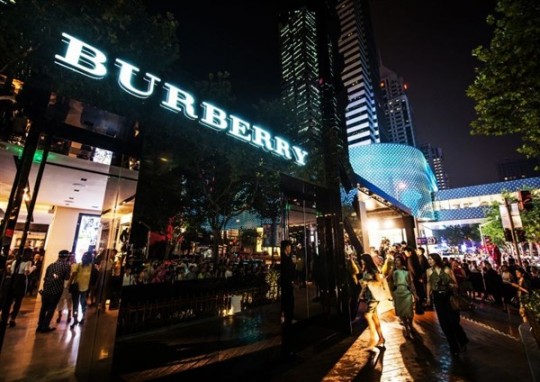In a world where online sales are increasingly important, luxury brands have had to adapt their business models in order to stay competitive. One successful example is the Burberry Tmall store, which has seen significant growth since launching in 2014. Let’s take a look at what makes this eCommerce journey so successful.
Opening of Burberry Tmall Store
Burberry’s conquest of China has already started. In April 2011, Burberry did a lot of buzz in China and opened the first high-tech store of the brand in Beijing.
Tmall.com is currently China’s biggest business-to-consumer marketplace and one of the three e-commerce sites owned by Chinese online giant Alibaba, offering custom-built brand platforms for a lot of national and international brands.
With the launch of its digital storefront on 24 April 2014, the British luxury brand Burberry has become the first premium brand to join the Chinese company Alibaba Group’s online marketplace, Tmall.com. The store opening is related to the launch party for Burberry’s new Shanghai flagship store. Burberry now has a network of 78 stores in China and plans to reach 100 in the next five years. Thus, Burberry will settle in the 40 most important cities in China. Soon, China should represent 50% of the sales of the brand according to Angela Ahrendts, CEO of Burberry Asia Pacific.

Burberry’s new Shanghai flagship store
The Tmall.com store offers special customer perks in order to be closer to their customers, attract them, and provide them with a richer online experience.
A way for Burberry to connect digitally-focused consumers
“The official Burberry Tmall store offers the purest articulation of the Burberry brand on any of the Alibaba Group’s platforms to date. This innovative collaboration with China’s largest online retail platform, allows Burberry to connect digitally-focused consumers to an authentic representation of the brand. The new tie-up is a first for any luxury brand and reflects a shared commitment to offering Chinese consumers the best in luxury experiences across all of Alibaba Group’s platforms.” commented Burberry in an official statement.
Burberry’s decision to open a virtual store on Tmall.com demonstrates that China’s e-commerce market is exploding and that Burberry’s objective is to expand its reach in the country.
Burberry’s struggling against counterfeit products

Tmall Store
Thanks to the partnership with Tmall.com, Chinese customers who want to buy Burberry’s products from the digital store have the assurance that the products are genuine because all Tmall.com merchants must ensure the authenticity of their wares before joining the marketplace. Thus, thanks to its collaboration with Tmall.com, Burberry will strengthen its struggle against counterfeit products, which represent a large number in China and Asia.
Read more:


3 comments
Hannah_:)
Maybe Burberry was one of the first to open a Tmall store, cause now I feel like there are a lot of luxury brands on Tmall no?
Dolores Admin
The number is increasing yes, but it is still abysmal.
Many of them are on the Luxury Pavillion section of Tmall which is not that easily accessible but that has the advantage to be for Luxury Brand only, giving those brands a platform for themselves.